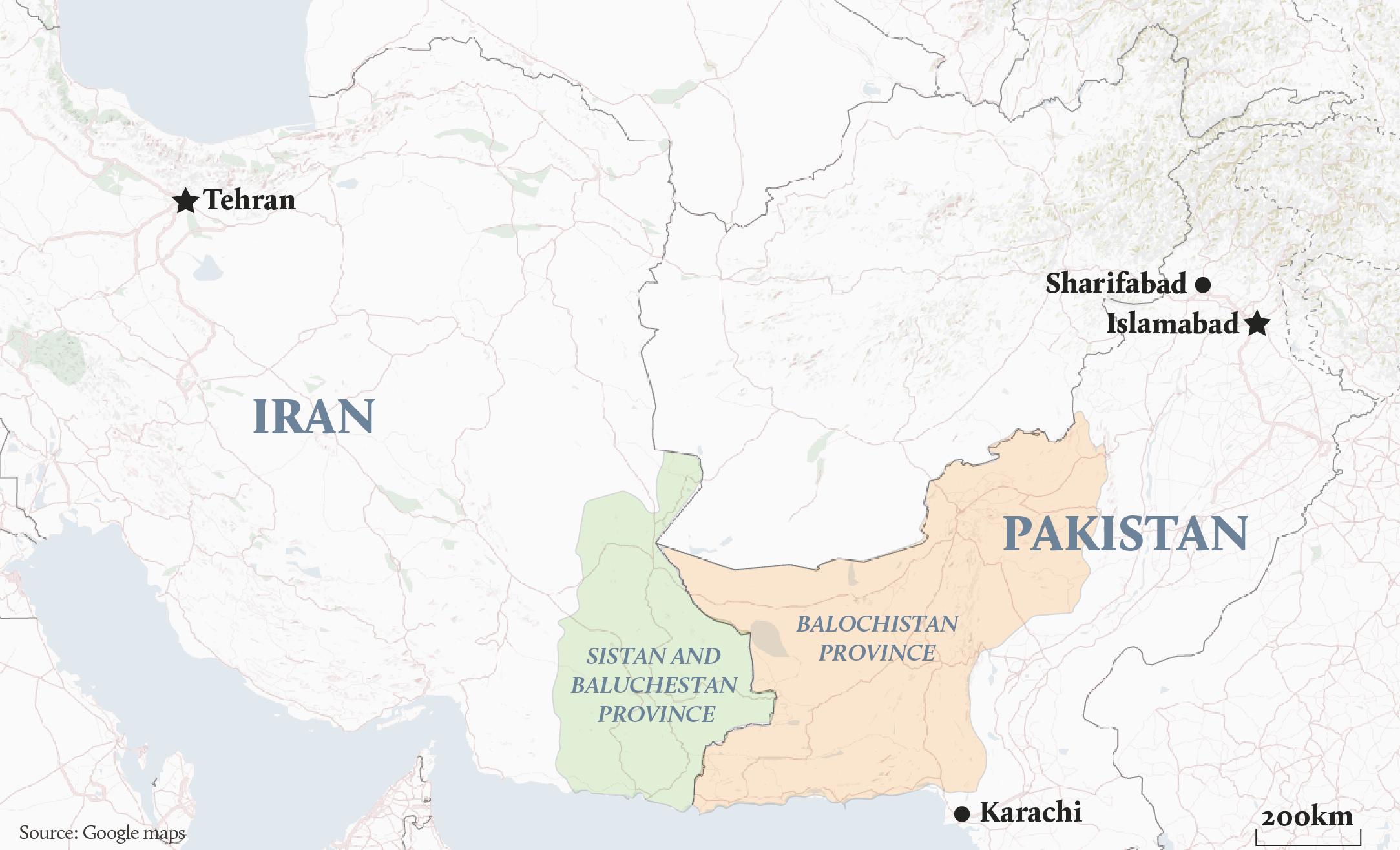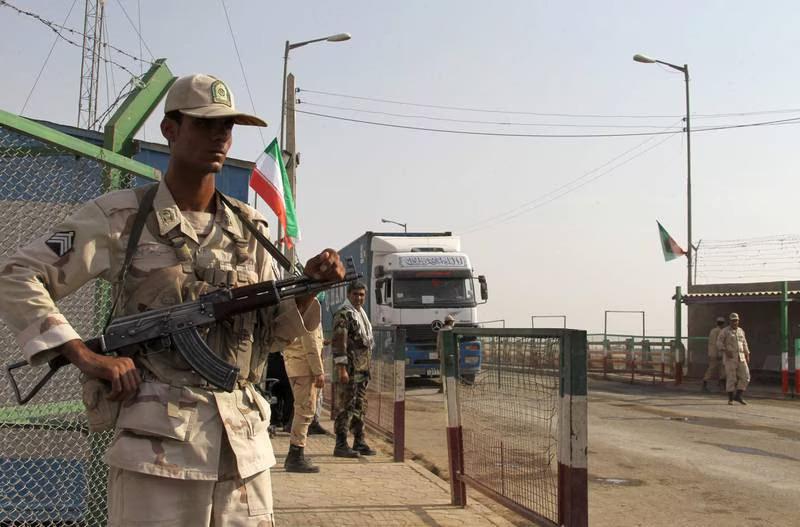Pakistan carries out retaliatory strikes on militant targets in Iran
The Pakistan Air Forces have carried out strikes against targeted hideouts situated in the Iranian southeastern province housing Baloch militants, a day after Tehran launched attacks on Pakistan territory.
“This morning [January 18] Pakistan undertook a series of highly coordinated and specifically targeted precision military strikes against terrorist hideouts in the Sistan-Baluchistan province of Iran. A number of terrorists were killed during the Intelligence-based operation – codenamed “Marg Bar Sarmachar [Death to Sarmachar],” the Pakistani foreign ministry said in a statement.
It added that said that the purpose of the action was to secure Pakistan's national security and interests, and “Pakistan fully respects the sovereignty and territorial integrity of Iran”.
“Over the last several years, in our engagements with Iran, Pakistan has consistently shared its serious concerns about the safe havens and sanctuaries enjoyed by Pakistani origin terrorists calling themselves Sarmachars [Baloch nationalists] on the ungoverned spaces inside Iran,” the statement said.
Seven foreign nationals, including 3 women and 4 children were killed in the missile attack launched by Pakistan on a border village, a deputy provincial governor in security and political affairs, Alireza Marhamati, told Iran’s Mehr news agency.
An explosion was heard and then a drone and missile attack was carried out on the Shamsar area in the Saravan city of the province. No causalities have been reported so far.

An Iranian media also reported the assassination of a colonel of the Islamic Revolution Guards Corps (IRGC) after a group of assailants opened fire on his car on the road linking Khash city to the provincial capital city of Zahedan, while he was traveling to Saravan on a mission.
The move followed Iran’s missile and drone attack targeting “two key strongholds” of the extremist militant group Jaish al-Adl in the border town of Panjgur in Pakistan’s Balochistan province on January 16.
Pakistan’s Foreign Ministry warned Iran of “serious consequences” over a cross-border attack that killed two children in its southwestern Balochistan province. Pakistan recalled its ambassador from Iran and blocked Tehran's envoy from returning to Islamabad after the air strike.
In a phone call with his Iranian counterpart Hossein Amir Abdollahian, Pakistan's caretaker Foreign Minister, Jalil Abbas Jilani, condemned the attack, saying that Iran's incursion into Pakistani territory constituted a “serious violation” of sovereignty and international law.
The United States also condemned recent Iranian strikes in Pakistan, Iraq and Syria, which Tehran has claimed were carried out against "anti-Iranian terrorist groups."
"So we do condemn those strikes. We've seen Iran violate the sovereign borders of three of its neighbors in just the past couple of days," State Department spokesman Matthew Miller told reporters on January 17.

Jaish al-Adl (“Army of Justice”), known in Iran as Jaish al-Dhulm, is a militant group founded in 2012, and blacklisted by Iran as a terrorist group. It largely operates in southeastern Iran and across the border in Pakistan. Jaish al-Adl was created by members of Jundallah, a militant group that had been weakened following Iran’s capture and execution of its leader, Abdolmalek Rigi, in 2010.
For over twenty years, Baluch nationalists have been engaged in a prolonged, low-intensity insurgency within Iran's southeastern province of Sistan-Baluchestan, evolving into a pursuit of independence.
Iran has long suspected Pakistan of providing a haven for the insurgents and fomenting instability on Iran’s south-eastern border, possibly in coordination with Saudi Arabia, Tehran’s arch-rival.
On December 15, 2023, Jaish al-Adl attacked a police station in Rask city, located in Sistan-Baluchestan, resulting in the tragic loss of at least 11 police officers’ lives. In response to similar attacks, Iran had warned of potential cross-border raids into Pakistan.
The recent incident comes after Iran conducted airstrikes on Iraq and Syria on January 15, resulting in the death of at least four civilians and injuring 17 others. Iran’s Islamic Revolution Guards Corps reported launching a sequence of ballistic missiles, targeting bases of individuals they labeled as “terrorists” in Iraq and Syria, linking them to the “terrorist” attacks that occurred in Iran’s Kerman on January 3.
The Islamic State militant group (ISIS) claimed responsibility for this dual suicide bombing in Kerman where at least 93 people were killed and 280 were injured during an event to mark the fourth anniversary of the US killing of top Iranian commander Qassem Soleimani. Iranian authorities say they have arrested 32 individuals in connection to the deadly attack.








